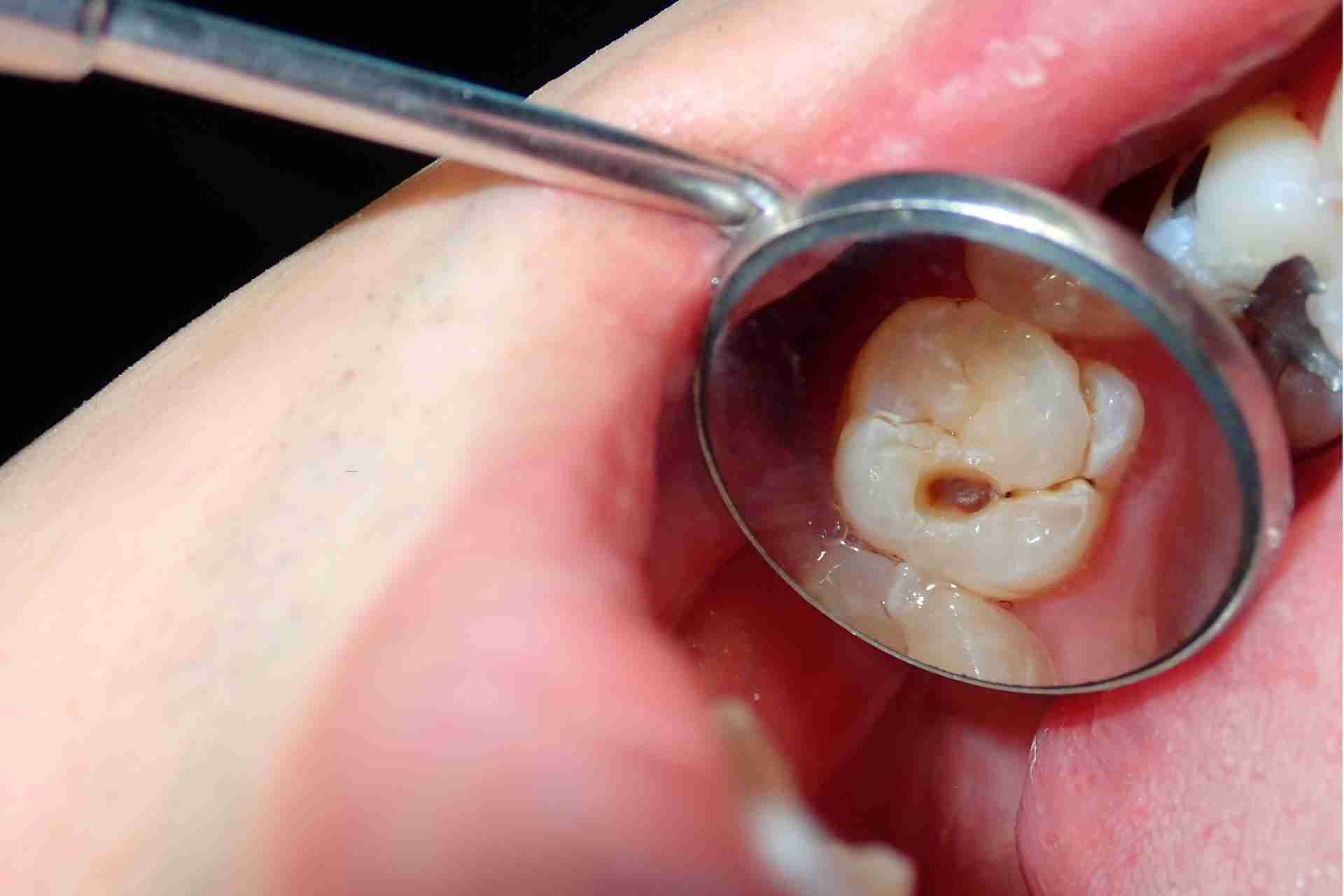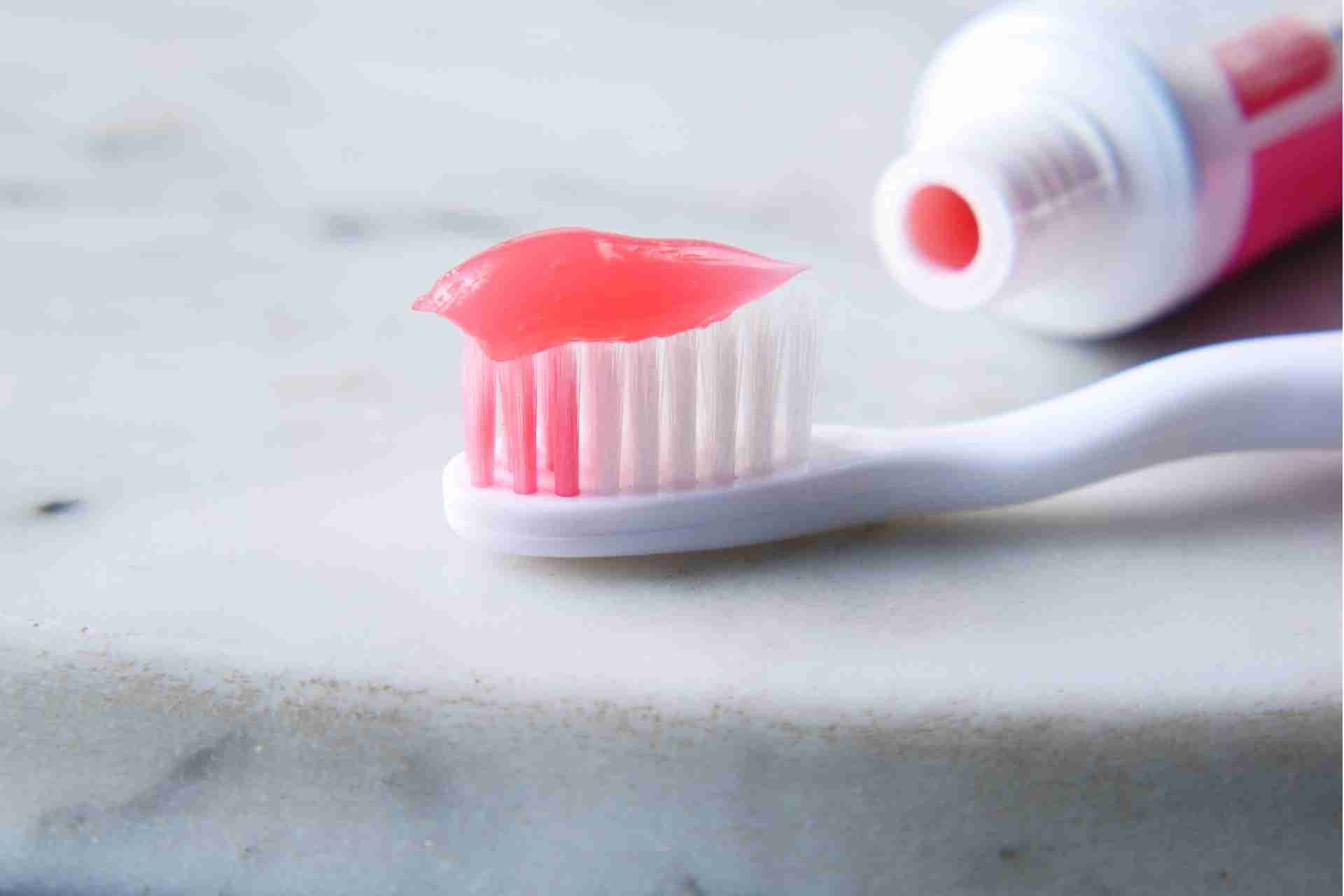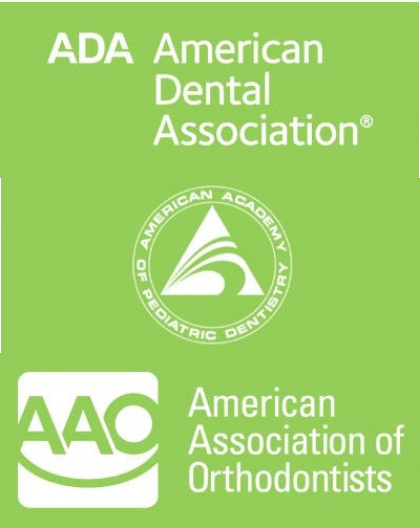What is Pediatric Dentistry?

As parents, caregivers, or anyone interested in children's health, you understand the importance of nurturing those precious smiles right from the start. After all, those gleaming grins not only light up a room but also play a pivotal role in your child's overall well-being.
Today, we will discuss the captivating realm of
pediatric dentistry, where specialized care meets boundless enthusiasm. Join us as we unravel the unique aspects of this field, unveiling the secrets to maintaining those tiny teeth, addressing common concerns, and fostering a positive dental journey for your little ones.
What is Pediatric Dentistry?
Pediatric dentistry is a specialized branch of dentistry that focuses on providing oral health care for infants, children, adolescents, and individuals with special needs. Also known as pediatric or children's dentistry, it involves the prevention, diagnosis, and treatment of various dental and oral issues that are specific to this age group.
Pediatric dentists undergo additional training beyond their regular dental education to understand the unique needs of children's oral health. They are skilled in dealing with the behavioral aspects of treating young patients, as children often require a different approach and level of communication compared to adults.
Goals of Pediatric Dentistry
Preventive Care
Pediatric dentists emphasize the importance of preventing dental issues through practices like regular dental check-ups, cleanings,
fluoride treatments, and dental sealants. Early intervention can help prevent more serious dental problems later on.
Education
Pediatric dentists educate parents and children about proper oral hygiene practices, including brushing, flossing, and maintaining a healthy diet. They also address habits like thumb sucking and pacifier use that can affect oral development.
Early Detection and Treatment
Detecting and addressing dental issues in their early stages can prevent them from becoming more severe.
Pediatric dentists are trained to identify conditions such as cavities, gum diseases, and developmental problems.
Behavioral Management
Working with children requires a different approach due to their potential anxiety and fear of dental procedures. Pediatric dentists use techniques to create a comfortable and child-friendly environment, helping to alleviate stress and promote positive experiences.
Special Needs Care
Pediatric dentists are equipped to treat children with special needs who may require unique approaches to dental care.
Growth and Development Monitoring
Pediatric dentists monitor the growth and development of children's teeth and jaws, making recommendations for
orthodontic treatment if necessary.
Why is Pediatric Dentistry Important?
Pediatric dentistry is incredibly important for several reasons, as it addresses the unique oral health needs of children and plays a crucial role in their overall well-being.
Here are some key reasons why pediatric dentistry is important:
Early Prevention and Intervention
Children are susceptible to dental issues such as cavities and gum diseases. Pediatric dentists focus on early detection and prevention of these problems. By identifying issues in their early stages, they can provide timely interventions that prevent more serious dental problems from developing.
Dental Development
Children's dental development is a complex process that can have a lasting impact on their oral health as they grow. Pediatric dentists closely monitor the growth and alignment of teeth and jaws, ensuring that any potential issues are identified and addressed early. This can help prevent the need for extensive orthodontic treatment in the future.
Establishing Healthy Habits
Pediatric dentists play a pivotal role in educating both children and their parents about proper oral hygiene practices. By instilling good habits from a young age, children are more likely to continue practicing good oral care throughout their lives, leading to healthier teeth and gums in adulthood.
Behavioral Management
Children often experience fear or anxiety when it comes to dental visits and procedures. Pediatric dentists are trained in effective behavioral management techniques that create a comfortable and positive environment for young patients. This helps alleviate fear, making dental visits a more pleasant experience and reducing the likelihood of dental anxiety later in life.
Preventing Dental Anxiety
Negative experiences during childhood dental visits can lead to dental anxiety that persists into adulthood. By providing gentle, supportive care, pediatric dentists help children build positive associations with dental care, setting the foundation for a lifetime of regular visits without fear.
Specialized Care for Children with Special Needs
Children with special needs often require specialized dental care. Pediatric dentists are trained to accommodate the unique needs of these children, providing a safe and comfortable environment for dental treatments.
Preventing Long-Term Health Issues
Poor oral health in childhood can lead to various health issues beyond the mouth, including infections, speech problems, and even malnutrition. By ensuring children have healthy teeth and gums, pediatric dentistry contributes to overall health and well-being.
Teaching Parental Involvement
Pediatric dentists educate parents and caregivers about how to best care for their children's oral health. This involves guidance on topics like proper nutrition, fluoride use, oral hygiene practices, and the impact of habits like thumb sucking.
Regular Dental Visits
Pediatric dentistry plays a crucial role in establishing good oral health habits from a young age and ensuring that children grow up with healthy teeth and gums. Regular visits to a pediatric dentist can set the foundation for a lifetime of good oral health.
Schedule an appointment in Pennington Orthodontics and Pediatric Dentistry and keep your child's teeth healthy.












